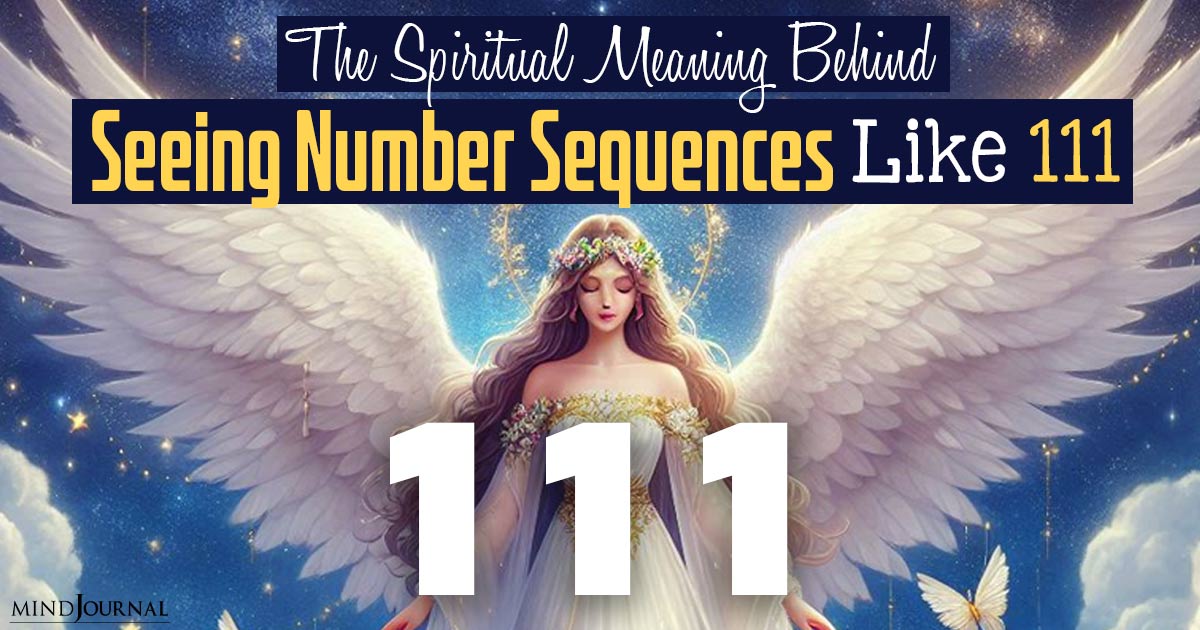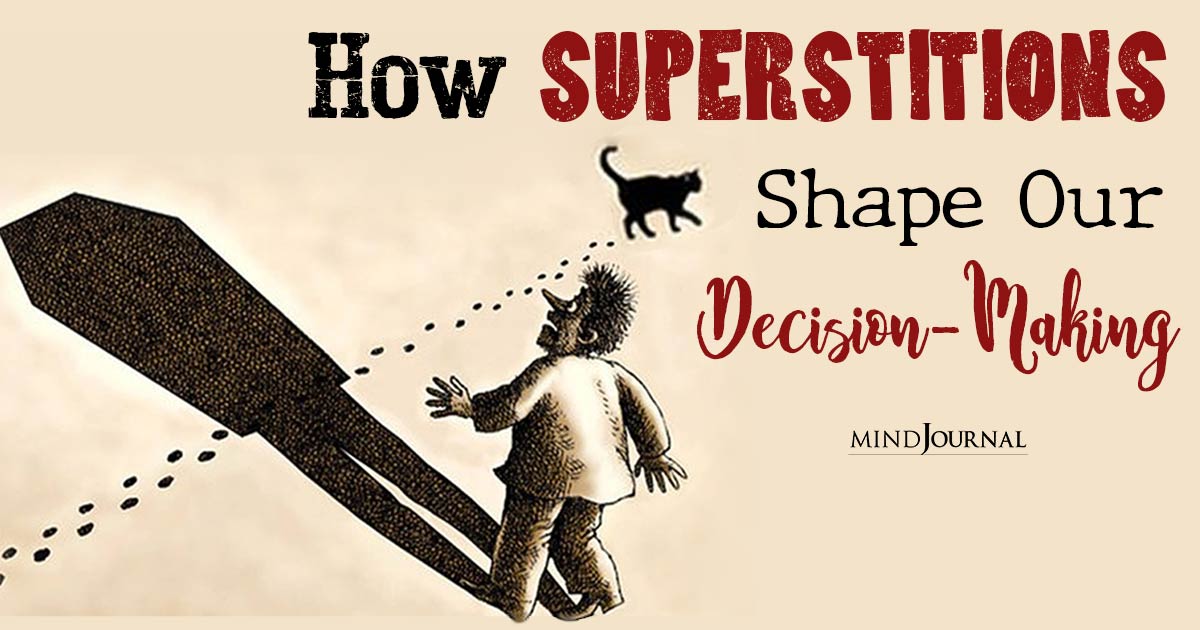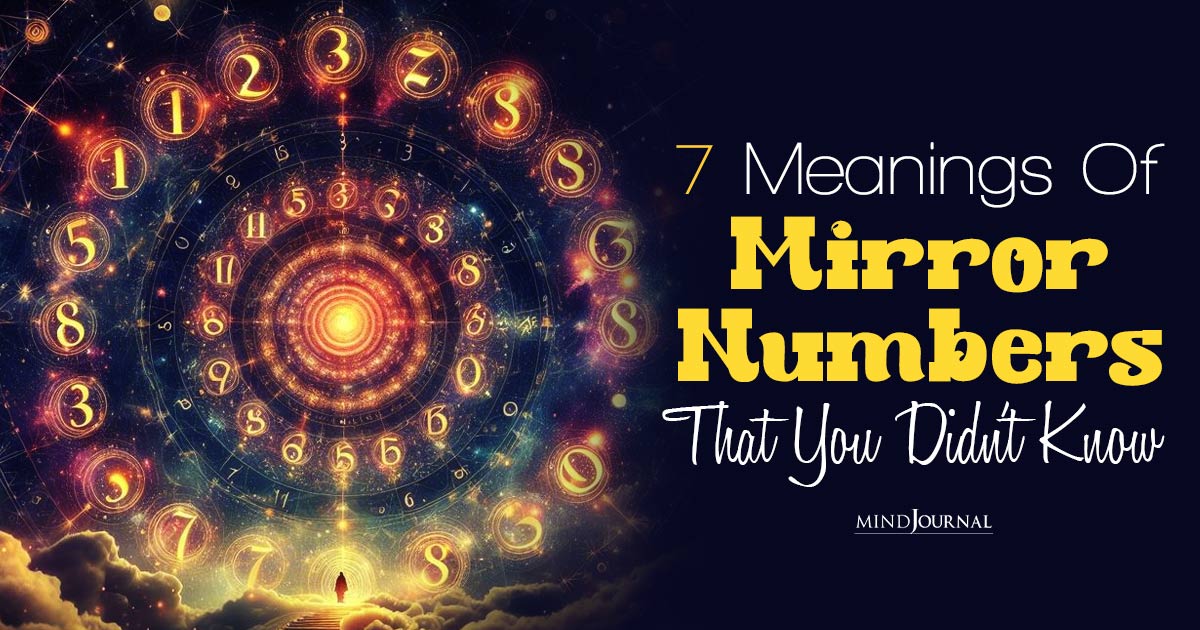Have you ever wondered why some people seem to have all the luck, while others struggle with misfortune? Is luck a matter of chance, or is there more to it than meets the eye? Let’s explore the psychology of luck.
Today, we will delve into the fascinating world of luck, explore the psychology behind this concept, and how beliefs shape our fortune and misfortune. Whether you consider yourself lucky or unlucky, understanding the underlying psychological mechanisms can empower you to make your own luck and enhance your overall well-being.
What is Luck? Defining the Experience of Improbable Events
Before we delve into the psychology of luck, let’s start by defining what luck actually is.
Luck is a concept often attributed to chance or fortune, encompassing unexpected and favorable outcomes. It can manifest in various forms, from finding money on the sidewalk to landing a dream job seemingly out of nowhere.
So exactly what is luck? Luck is often perceived as a force outside of our control, influencing the outcomes of events in our lives. It is a subjective concept that can be attributed to both positive and negative experiences.
Related: 5 Lucky Symbols to Attract Good Luck into Your Life
Some people believe in luck as a supernatural phenomenon, while others view it as a statistical probability. However, luck is not solely determined by chance; our beliefs and behaviors play a vital role in shaping our experiences.
While luck is often perceived as random and unpredictable, some believe that positive attitudes and actions can attract more favorable opportunities, increasing the likelihood of experiencing fortunate events.

Understanding The Psychology of Luck
From a psychological perspective, luck is a subjective perception influenced by individual beliefs, attitudes, and experiences. It reflects the interpretation of events as either favorable or unfavorable based on personal expectations and experiences.
Psychologists suggest that people who consider themselves lucky tend to exhibit traits such as optimism, resilience, and openness to new experiences. They may also engage in behaviors that increase the likelihood of encountering positive outcomes.
In contrast, those who perceive themselves as unlucky may exhibit pessimism, negativity, and a sense of helplessness, leading to a self-fulfilling prophecy where they attract more negative experiences. Ultimately, luck is shaped by our mindset and behavior.
How Beliefs Shape Our Fortune
Beliefs have a powerful influence on our perception of luck and ultimately shape our fortunes. If you believe that luck is purely a matter of chance and completely out of your control, you are more likely to passively accept whatever comes your way, both positive and negative.
On the other hand, if you hold the belief that you can actively influence your luck through your thoughts and actions, you are more likely to seize opportunities and take proactive steps to create favorable outcomes.
The Pygmalion Effect, a psychological phenomenon, highlights the impact of beliefs on performance. When individuals are led to believe that they are lucky, they tend to exhibit more confidence, persistence, and resilience, leading to increased success in various domains of life.
This demonstrates how our beliefs can shape our behaviors and, consequently, our fortunes, according to the psychology of luck.
Related: Unlocking The Mystical World Of Egyptian Good Luck Symbols
How Beliefs, Behaviors, and Attitudes Influence Perceptions of Luck
Our behaviors and attitudes also play a significant role in how luck manifests in our lives. Positive behaviors, such as being open to new experiences, seeking opportunities, and maintaining a positive outlook, can increase the likelihood of encountering lucky situations.
Similarly, cultivating gratitude and focusing on the positives can enhance our overall well-being and make us more receptive to recognizing opportunities when they arise.

Conversely, negative behaviors and attitudes, such as a fear of failure or a pessimistic outlook, can create self-fulfilling prophecies of misfortune. When we constantly anticipate failure or believe that we are unlucky, we may inadvertently sabotage our chances of success by avoiding opportunities or giving up too easily.
How You Can Make Your Own Luck: 5 Lucky Tips
While luck may seem elusive and beyond our control, there are practical steps we can take to increase our chances of experiencing positive outcomes. Here are some strategies to help you make your own luck based on the psychology of luck –
1. Cultivate a Growth Mindset
Embrace the belief that your abilities can be developed through dedication and hard work. By adopting a growth mindset, you empower yourself to take risks, learn from failures, and persist in the face of challenges.
2. Be Open to Opportunities
Luck often arises from unexpected encounters and opportunities. Stay open-minded and receptive to new experiences, as they can lead to fortuitous moments that propel you forward.
3. Take Calculated Risks
Stepping outside your comfort zone and taking calculated risks can open doors to new possibilities. Evaluate the potential rewards and consequences, and be willing to stretch your limits to seize opportunities.
4. Practice Gratitude
Cultivating gratitude for what you have can shift your focus from what you lack, allowing you to appreciate the positives in your life. A grateful mindset can enhance your overall well-being and make you more attuned to fortunate circumstances.
5. Surround Yourself with Positive Influences
The company we keep can significantly impact our beliefs and behaviors. Surround yourself with individuals who have a positive outlook on life, as their optimism can rub off on you and inspire you to create your own luck.

Takeaway
Luck is not solely a matter of chance; our beliefs, behaviors, and attitudes play a crucial role in how luck manifests in our lives. By understanding the psychology of luck, we can empower ourselves to create our own fortune.
Remember, luck is not an external force but a mindset that can be cultivated through positive beliefs, behaviors, and attitudes. So, embrace the power within you to shape your own luck and unlock the door to a more fortunate and fulfilling life.
Related: How to Increase Your Good Luck: 19 Actionable Tips For Boosting Good Fortune
Frequently Asked Questions (FAQs):
What is the concept of luck in psychology?
Luck in psychology refers to the subjective perception of favorable or unfavorable outcomes influenced by individual beliefs and experiences.
Why are some people more lucky?
Some people may appear luckier due to traits like optimism, resilience, and openness to new experiences.
How does luck work scientifically?
Scientifically, luck may result from a combination of mindset, behavior, and the ability to recognize and seize opportunities.









Leave a Reply
You must be logged in to post a comment.